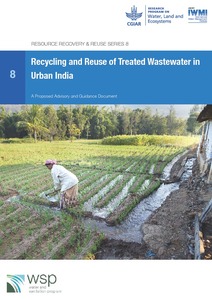Increased water charges improve efficiency and equity in an irrigation system
Conventional wisdom in many agricultural systems across the world is that farmers cannot, will not, or should not pay the full costs associated with surface water delivery. Across Organisation for Economic Co-operation and Development (OECD) countries, only a handful can claim complete recovery of operation, maintenance, and capital costs; across Central and South Asia, fees are lower still, with farmers in Nepal, India, and Kazakhstan paying fractions of a U.S. penny for a cubic meter of water. In Pakistan, fees amount to roughly USD 1-2 per acre per season.


